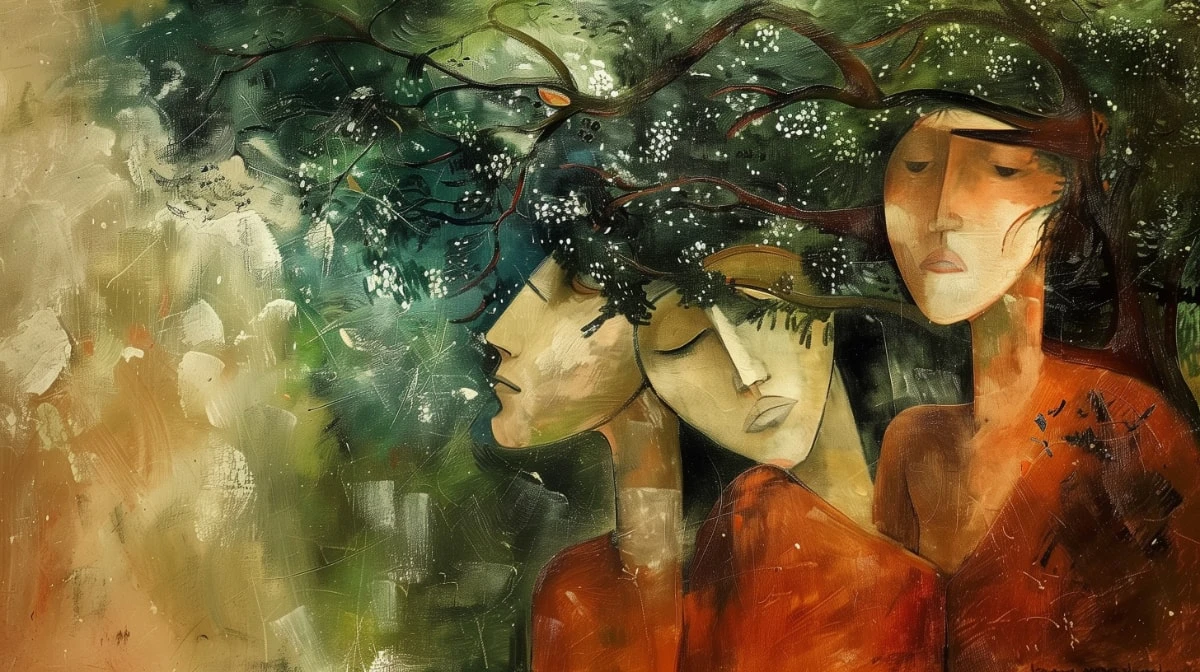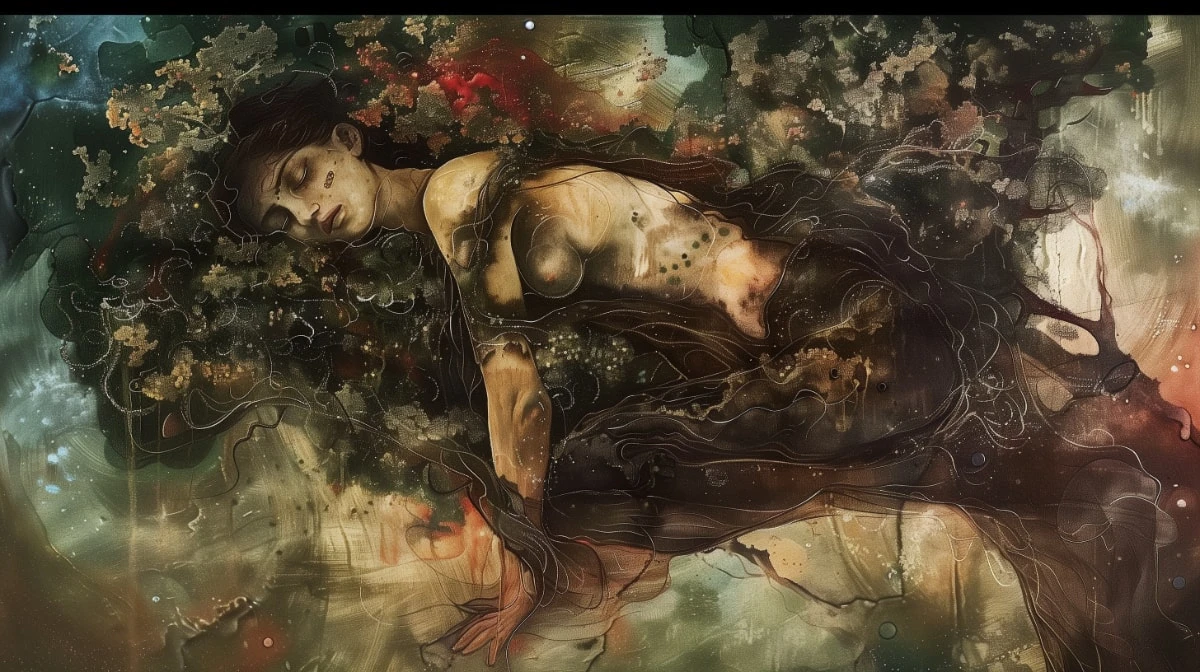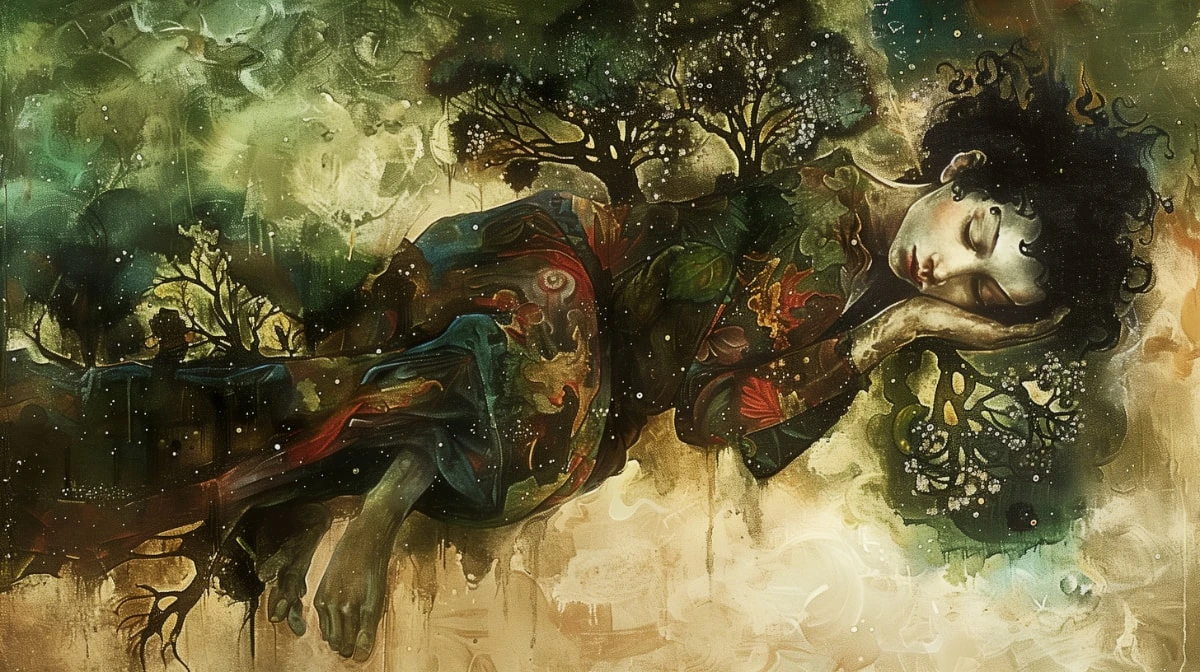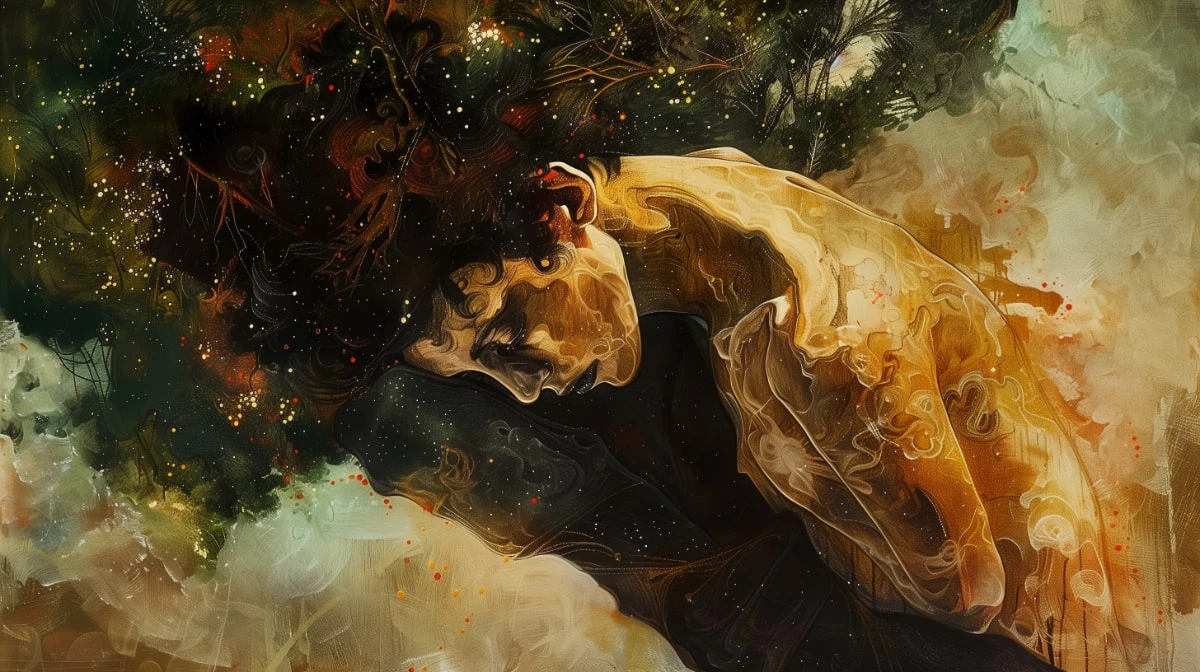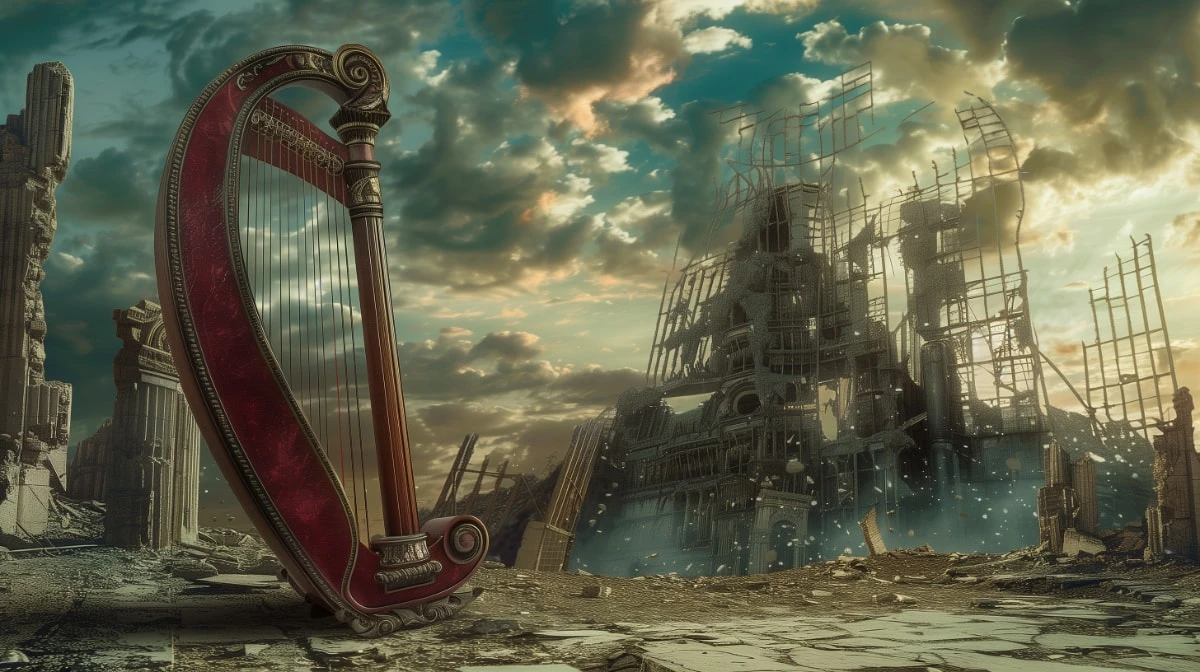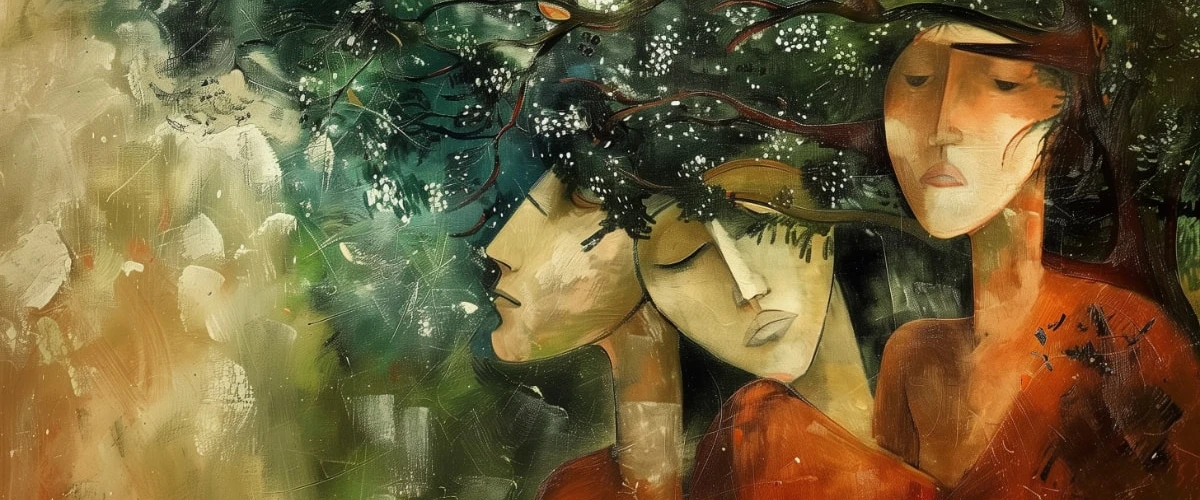
Layers
The human race is young on this planet. Fossils dating back twelve million years indicate the presence of very distant ancestors. However, it was not until three million years ago that a branch of evolution began to distinguish itself and refine just 300,000 years ago. Along with a few cousins, Homo sapiens embarked on and dominated the path that led to what we have become.
There is still debate about the exact chronology, and I would hate to draw conclusions too quickly. Nothing is less certain in the history of life on Earth, especially regarding this voracious and curious biped that we are, which, according to what we see in the news, has not yet freed itself from its most sordid atavisms.
Life is a fragile and brutal forked still in its entirety and in all its kaleidoscopic variety. Homo sapiens did not escape this journey. They could adapt and conquer the world by becoming aware of both the world around them and themselves.
This slow work, say the 19th-century psychoanalysts, was achieved by codifying his experience through a powerful brain that repressed, for better control, the most talkative impulses and fears. This created layers of consciousness: ancestral memory, the beast or the machine, the self, and the gods. Even here, it is subject to interpretation.
Ancestral Memory
Ancestral memory has sedimented into deep layers within the human psyche. These are the memories and experiences accumulated by our ancestors over millions of years of evolution. This layer is associated with the collective unconscious, a concept Carl Jung developed, encompassing the archetypes and instincts inherited from our predecessors. These ancestral memories influence our behaviour, instinctive fears, and automatic responses to stimuli. Extrapolated gods and demons are perceived through the lens of supposedly superior layers from this zone. This is one of the inherent paradoxes of human thought.
The Beast or the Machine
The collective unconscious then operates on the next layer, the beast or the machine. The beast symbolizes animal impulses and raw desires, while the machine evokes our behaviour's mechanical and repetitive aspects. It is the seat of survival instincts, reproduction, and immediate emotional reactions. It is a part of us that acts without conscious thought, guided by impulses and biological necessities. It has been proven through various experiments that most of our decisions escape us in favour of this machine that seems to know more about us than we think.
The Gods
As for the gods, ghostly and misshapen beings, winged or with a thousand arms, they have transmuted into ideals, beliefs, and transcendental aspirations. This represents a somewhat defined superego, capable of judging and attempting in vain to close the airtight lid of knowledge. This layer of consciousness encompasses spirituality, morality, and value systems that guide our actions toward assumed superior goals. We don't know why it was invented, why a swarm of incomprehensible flies in the blurry eyes of primates had to become a burning bush through Moses' overly determined vision.
The Self
As a channel of consciousness and dialogue, the self mediates between these different layers. It represents personal identity and the capacity for conscious reflection. The self integrates the influences of ancestral memory, the impulses of the beast or the machine, and the aspirations of the gods to create a coherent perception of oneself and the world. It is the pseudo-center of decision-making and self-control, constantly striving to balance internal forces to act appropriately. Or so it believes.
As dictated to me by ChatGPT, these layers of consciousness demonstrate the complexity of the human mind and how deep, often unconscious, forces influence our thoughts and actions. They also illustrate the perpetual struggle between primitive impulses and lofty aspirations, mediated by our reflective consciousness.
And we don't understand much of it, in fact.
Like a ghost, consciousness is an invisible and intangible presence. It exists without physical form, manifesting through our thoughts, emotions, and perceptions. We sense it without being able to give it shape. It can disappear at any moment, fragile and fleeting, disturbed by diseases, traumas, or chemical alterations, highlighting its delicate nature and infinite potential. It sometimes becomes a divine tide, a scourge of ecstasies, an inventor, and an aesthetic. It also draws its swords and, through its powerfully twisted, even violated reason, beheads ordinary people.
We navigate the world with a subjective perception, partially blind to the ultimate realities around us. Our senses and cognition allow us to grasp only a fraction of reality, leaving many mysteries in the shadows.
Thus, in addition to this incomprehension of what animates us, let us still allow this thought to darken the earthly horizon. There is indeed light, prowess, even miracles. Our species is young, after all, when measured against the universe's past. It doesn't carry much weight; its boat of pride can only be tossed on the ferocious ocean of existence.
Now, our ghost invents a mirror from the electronic circuits it has created. "Where do I live? Where am I going?" wondered the poet, and we can borrow his questions. I have no answers other than poetry, which I associate with the few planets forming the modest solar system we inhabit. I find pleasure in the dancing geometry of the zodiac, having found my refuge there, seeking not to understand but to submit.
I must continue my path, plucking the strings of the lyre, calming the echoes, becoming this light buried within my breath. I am not eternal, but perhaps within me, beneath layers even more profound than those agglutinated in my brain, lies the indelible memory of what I am.
